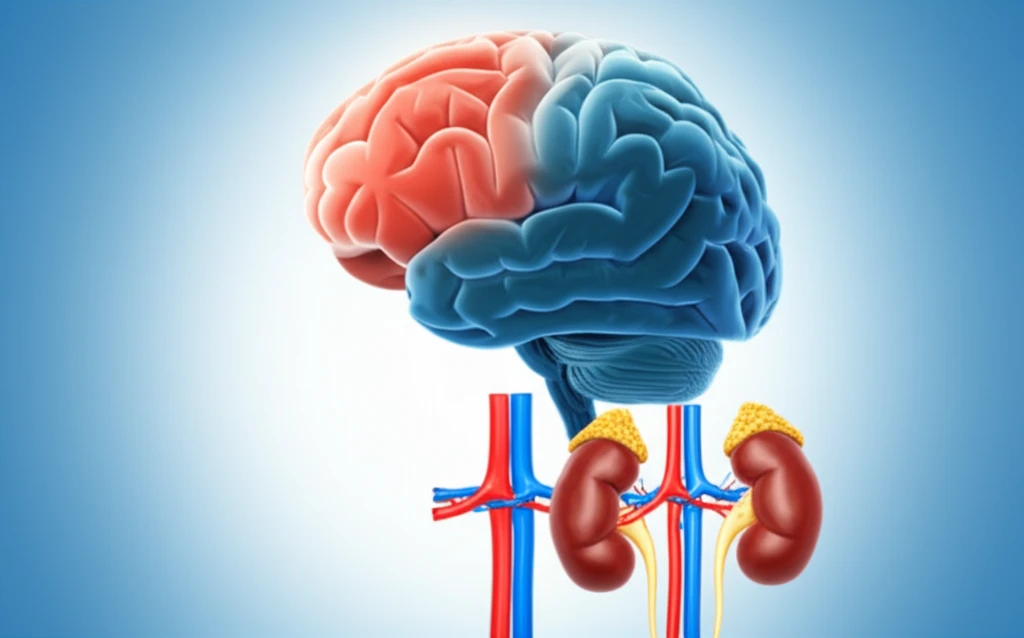
Kidney Health After a Stroke: What You Need to Know
"Understanding the Risks and Taking Action for Kidney Care After a Stroke"
A stroke, a sudden disruption of blood flow to the brain, is a life-altering event with far-reaching consequences. While the immediate focus is often on neurological recovery, the impact of a stroke can extend to other vital organs, including the kidneys. Recent research highlights the importance of understanding the relationship between stroke and kidney health, particularly in the context of medical procedures and treatments.
One area of concern is contrast-induced nephropathy (CIN), a condition where kidney function is potentially impaired by the use of contrast agents in medical imaging, such as CT scans, often used in stroke diagnosis. Understanding the risks, recognizing the signs, and taking preventive measures are crucial steps in protecting kidney health after a stroke.
This article aims to provide a comprehensive overview of the connection between stroke and kidney function. We'll explore the potential impact of stroke on kidney health, discuss the risks associated with CIN, and offer practical advice for maintaining kidney function, helping you navigate this critical aspect of post-stroke care.
The Stroke-Kidney Connection: Unveiling the Risks

A stroke can affect kidney function in several ways. The stroke itself can lead to reduced blood flow to the kidneys, potentially causing damage. Certain stroke treatments and medications, such as those used to dissolve blood clots or manage blood pressure, can also impact kidney health. Furthermore, the risk of kidney complications may increase due to dehydration, infections, or other medical issues that can arise after a stroke.
- Pre-existing kidney disease: Individuals with chronic kidney disease are at higher risk.
- Diabetes: People with diabetes are more susceptible to kidney damage.
- Dehydration: Insufficient fluid intake can increase the risk of kidney stress.
- Advanced age: Older adults may have reduced kidney function.
- Certain medications: Some drugs can affect kidney health.
Empowering Your Kidney Health After a Stroke
Taking proactive steps is essential to protect your kidney health after a stroke. Regular check-ups, monitoring kidney function, staying hydrated, and communicating openly with your healthcare team are vital components of post-stroke care. By understanding the risks, taking preventive measures, and following your doctor's recommendations, you can play an active role in maintaining your kidney health and overall well-being. Remember, knowledge is power, and being informed is the first step toward a healthier future.
